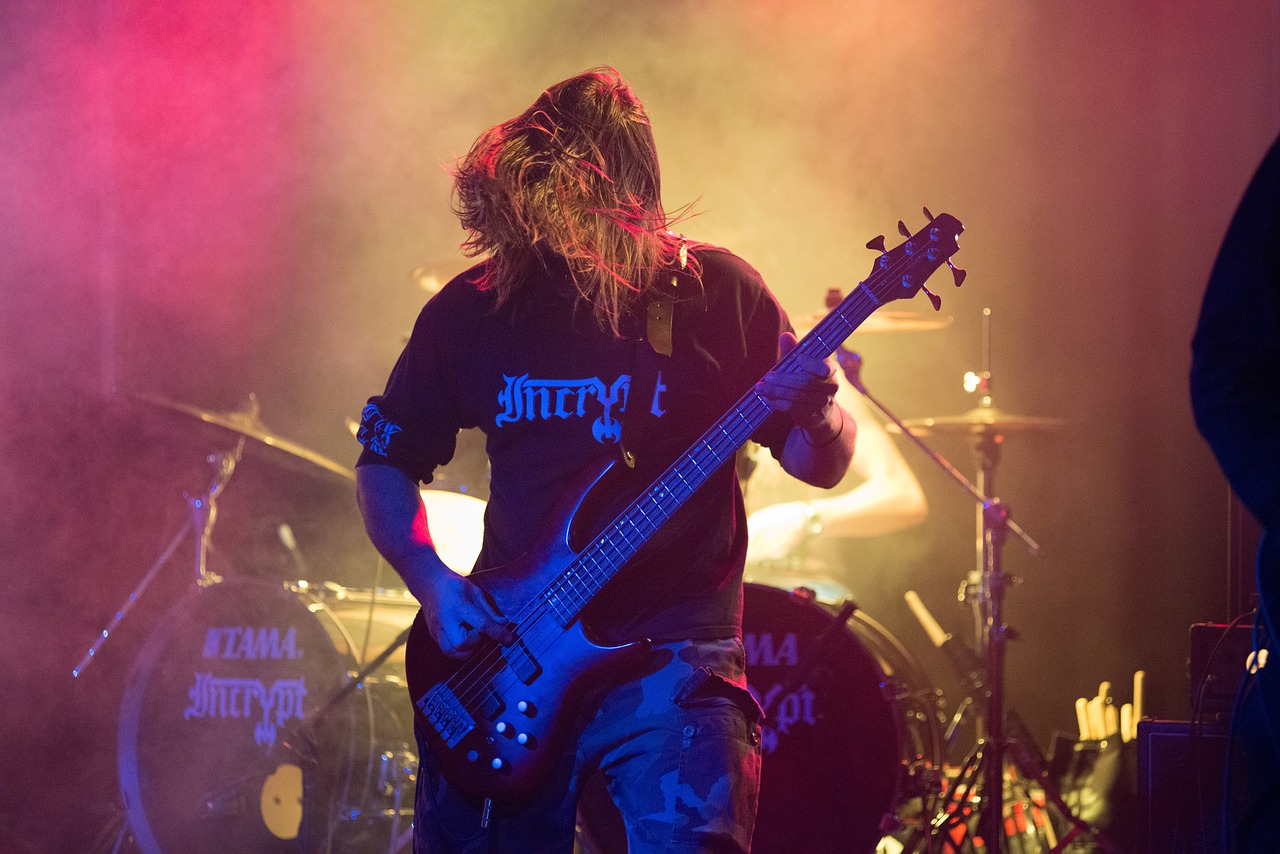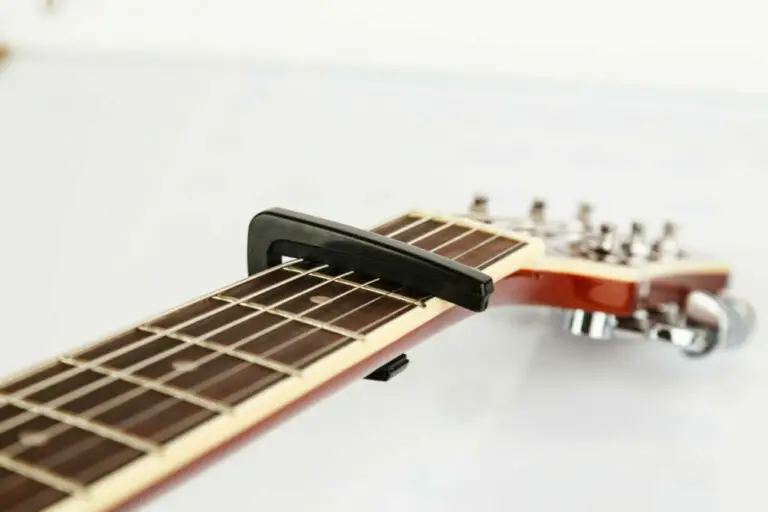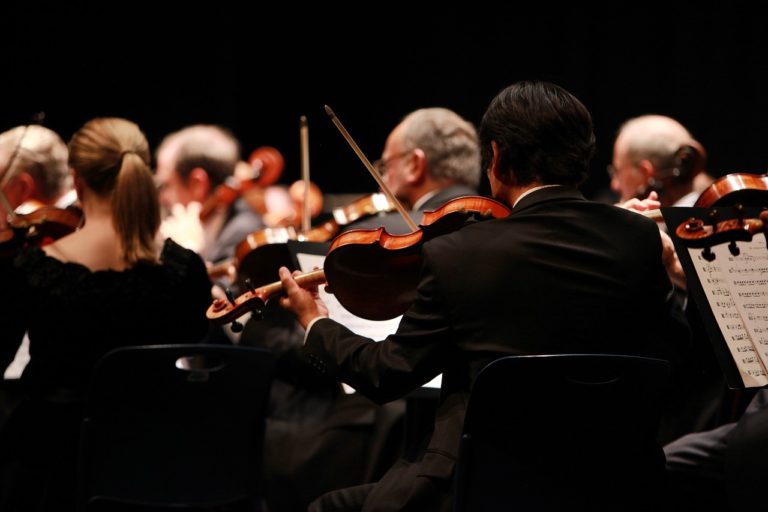The Key Component: How to be a Keyboardist
It doesn’t matter if you are playing glam rock or death metal, knowing how to be a keyboardist provides your band with a unique identity in the music world. Keyboardists may not always be the star player in the band, but by adding subtle details both instrumentally and vocally, they give songs the critical depth needed to stand out from the crowd. But do you become a keyboardist?
Like most great artists, becoming a great keyboardist involves learning how to play. Thankfully, finding a piano tutor is the same as finding someone who plays the keyboard. By learning one, you’ve got both down.
Finding the sweet spot can be challenging, but if anyone wants to be the next Rick Wakeman or Jonathan Cain, you need to know how to be a keyboardist in the music industry. Learning how to be a keyboardist gives the band more room to experiment and form their fundamental sound regardless of their genre or what decade they are from.
Finding The Right Genre To Play Your Keyboard In
Keyboardists feature in a host of different genres and styles of music. They were integral members of 70’s prog bands as well as the flash of 80s hair metal. Modern music has changed the role slightly, as keyboardists are now vital parts of indie, hard rock, and even dark metal.
So your first step in a keyboarder’s journey is to find the right style for you:
Progressive Styles of Keyboard Playing
If your band plays a progressive style such as prog rock or progressive metal, the keyboardist is front and center. Keyboardists in these groups get prominent exposure with solos and bridges.
It’s an excellent way for any classically trained pianist to show off their skillset, even if the end sound might be slightly different. It’s here where the keyboardist will get the most recognition too. Anyone up for the challenge?
Indie Music and Keyboards
Depending on the indie style will depend on the keyboardist’s role. Those looking for a poppier edge could see a more prominent role than those in the rock/garage style.
More indie bands have their keyboardists double up on vocals too. This means that you can front the band if you got the pipes for it.
There is also some leeway too for the final sound you want too. Do you go for a more synth edge or a classic piano sound? The end choice is a big shout as it will define the identity of the band itself. It’ll be up to that sound to determine if you are the next Queen or the next Arcade Fire.
Metal and Keyboards – Yes, It’s a Thing
You might think there’s no place for a keyboard in a metal band. Well, I hate to disappoint you (kind of) because you are entirely wrong!
Do you hear the symphonic sounds above the heavy chords? That’s almost always keyboard generated! So too, are any string effects that feature in more significant songs. If you want to be in a metal band and play keys, you will need to bring that experimental edge to help make songs sound big and majestic.
How to be a Keyboardist – Key Playing Tips
Sick of these puns yet? I’m not.
Like any other musician, keyboardists need to master basic techniques if they want to succeed. When learning how to be a keyboardist, getting these elements makes the difference between a mediocre band and one that’s ready to take on the world.
What playing tips should you focus on? Here are some options:
Varying Chord Styles
Mastering the basic triad chord is a must, but variety is the spice of life. Using inversions and other techniques changes everything. This gives the music a much different sound and one that people will notice.
Learning new combos also makes your playing style smoother, making for more incredible live performances.
Try New Sounds
Everyone loves the piano, but keyboards unlock portals to whole new worlds. Mastering keys and synths let you mimic almost any other instrument. Symphonic strings? Possible. Fancy a trance edge? Doable. Mastering new sounds effectively make you a one-person orchestra. And that is a skill no one can top!
Harmonize With Other Parts.
Keyboardists ought to harmonize with other parts of the band should they want a great sound. Some keyboard riffs indeed stand out on their own. On the other hand, it works just as well in tandem with other bands. The ethereal background synth sound with a smooth guitar lick is undeniable. Even chugging along with a bass line works wonders in some instances. Nail these blends, and you are onto a winning combination.
Knowing some of these critical skills make a huge difference in how far a band can go with a keyboardist. It’s been a proven recipe for success for decades, so the masteries of specific skills make the difference between the garage band and the chart-topping behemoths!
Are Keyboards Easy To Play? (And Other Common Misconceptions)
Some people think that the keyboardist is the elephant in the room – The person without a skill set. Well, that’s far from true as the keyboardist provides so much more than people realize. Keyboards can be a difficult thing to just pick up and play, let alone play in a band. What do we mean by this?
“Only in a band as they are friends with the guitarist”
That is complete nonsense. Many bands look for keyboardists who are masters of their craft. This could be a classically trained pianist or someone good at experimenting with sounds, yet they need someone skilled.
Why?
The keyboardist needs to hear the harmonies and melodies of a song to find the sweet spot. Otherwise, the synth or key part will sound out of place and drag everything down as a result. It’s a skill many overlook when learning how to be a keyboardist.
“Doesn’t fit the genre”
So what if keyboards may seem out of place in rock or metal. Many people think that recorded songs with extra instruments are done with other instruments, but it’s the actual work of a keyboardist.
Bands will find it hard to use large string sections on live tours. So why not mimic the sound with a great keyboardist. The epic sounds needed for these genres can all be generated through a synth giving them the creative edge needed to make a band genuinely iconic.
By breaking down these preconceptions, you can see just why keyboardists have a role in a band and how it can propel them to superstardom when used in the right way.
Famous Examples of Keyboardists
Rick Wakeman
The key genius behind prog legends such as Yes, Rick Wakeman has always been a master of the keys. Straddling almost any genre known to man, Wakeman’s complicated sounds and mind-blowing solos made Yes one of the standouts of the prog-rock scene of the 1970s.
Alongside his work with Yes, Wakeman has shone as a solo player with numerous albums and tours for the best part of 5 decades. Collaborations with the likes of David Bowie and Elton John have also cemented Wakeman’s status as one of the best of all time.
Jonathan Cain
Journey’s success as one of the most extraordinary acts of all time would be nowhere without Jonathan Cain. The master of their piano-based ballads synced beautifully with the booming vocals of Steve Perry.
It generated melodies and harmonies that could make fans cry on cue. The piano riffs of hits such as “Don’t Stop Believing” and “Faithfully” still shine to this day and lay the foundation for Perry’s big choruses and Neal Schon’s whining guitars to create musical magic.
Ray Manzarek
What would The Doors be without a crazy keyboard solo? Well, that’s where Ray Manzarek helped his band become musical legends.
Manzarek’s key solos mimicked the vocal harmonies and then elevated them to crazy heights. When not soloing, Manzarek helped give the guitar and bass extra oomph and gave songs like “Love Me Two Times” and “Light My Fire” a natural edge that stands firm against anything produced today.
Keith Emerson
Not every song needs vocals. Just ask Keith Emerson. The British instrumentalist proved this adagio wrong, with his keys being the driving force behind Emerson, Lake & Palmer’s (ELP) hit “Fanfare For The Common Man.”
ELP often negated vocals and let the main melodies of Emerson’s keys provide the melodies instead. Working in sync with Greg Lake’s excellent guitar work, Emerson let the band’s musicianship speak for itself even without the need for vocals in every song.
Jon Lord
Often an unsung hero of Deep Purple, Jon Lord gave their songs the absolute prog feel behind the meaty riffs and vocals that his bandmates provided.
Often linking in crazy ways with Ritchie Blackmore’s guitars, his keyboard stylings made songs such as “Highway Star” a musical earfest for any listener.
Able to adapt to any style, Lord’s smooth style transitioned beautifully with other acts, including Whitesnake’s original version of “Here I Go Again.” With such a rich catalog of hits, it’s safe to say that Jon Lord is one of the most versatile keyboardists in music history.
Wrapping Up on How To Become a Keyboardist
By learning all of the various skills and traits, there will always be a clear path for anyone seeking to be a keyboardist. It doesn’t matter how trained you are at piano or music; it’s more about how you fit with all the other parts of your band.
It’s a significant role to play with solos, effects, and even vocals, but it means nothing if you don’t fit with the band’s style. Whether it be indie, pop, or heavy metal, these are all crucial aspects you need to consider when you are thinking of how to be a keyboardist successfully in the music industry.







